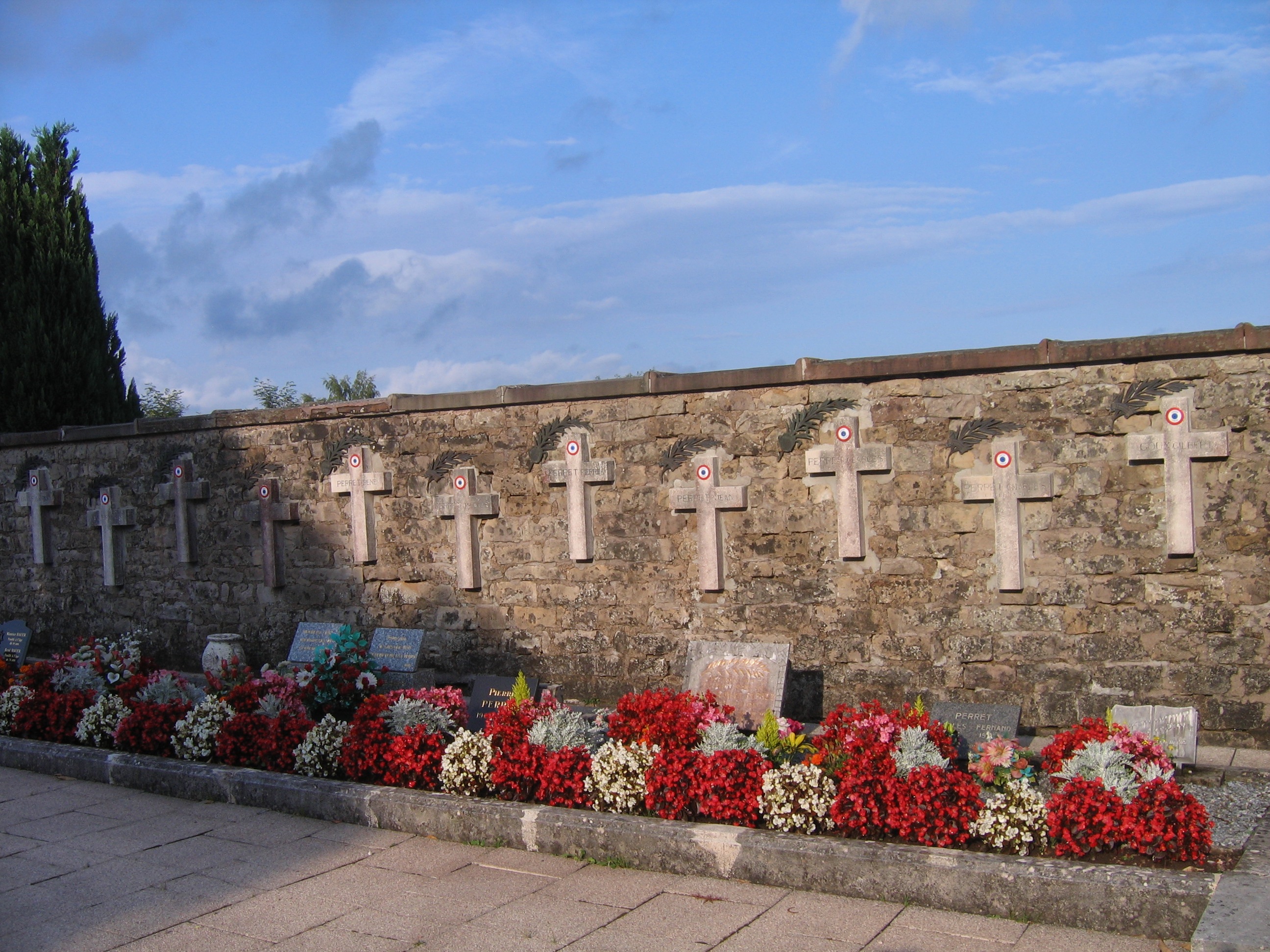The Prisoners: Found and Lost
As the battle for the liberation of France drew nearer to Etobon, those who had been active in sheltering escaped British POWs and captured German soldiers grew anxious. On September 20, the blacksmith and journal writer Jules Perret slipped into the woods to make contact with those who were hiding there. He found some ... others were missing.
Wednesday, September 20
We woke up amazed at how well we had slept. The big German guns are thundering, firing shells twelve kilometers away … At the forge, I have to work for them, shoe their horses. I sabotage what I can … I’m thinking about a more secure hiding-place than the one I had. I’ll work on it – it’s time.
We’ve heard that the gendarme Gendre and his prisoners are wandering in the woods, followed everywhere by hunger. I leave with Jacques to take them some food. We look like woodsmen, with our hatchets, hooks and gear. It’s raining. Too bad. We hear gunshots here and there, reminding us to be careful. After lots of turns and u-turns, we got to the Moulin des Battants, completely abandoned, then to the Sarrazin Rock. “Look, Papa!” What a surprise! Under the Rock, several of our Hindu friends, Cham Dram, the man with the blue eyes, the old sergeant, the one with the Turkish-style moustache, and others. They are not fat. We leave them the provisions and some cigarettes. The prisoners? They haven’t seen them. We leave them, all of us very moved. Will we ever see each other again? Near la Tâle, by the side of the road, the German engineers have cut the oaks and the big trees halfway through. All they need is a firecracker to make them fall in front of the American tanks. Another stop at our hiding-tent, below the Chateau, where everything is in order … bursts of machine-gun fire, planes, the sound of cannons. We come home exhausted, without having learned anything of the prisoners.

 Katherine Douglass
Katherine Douglass